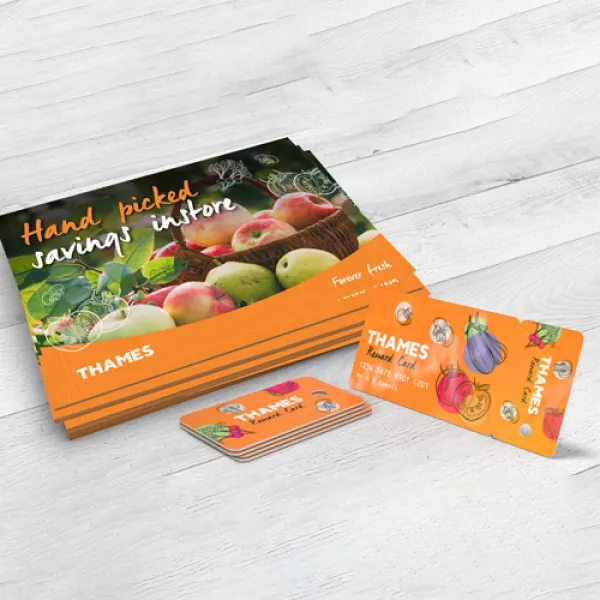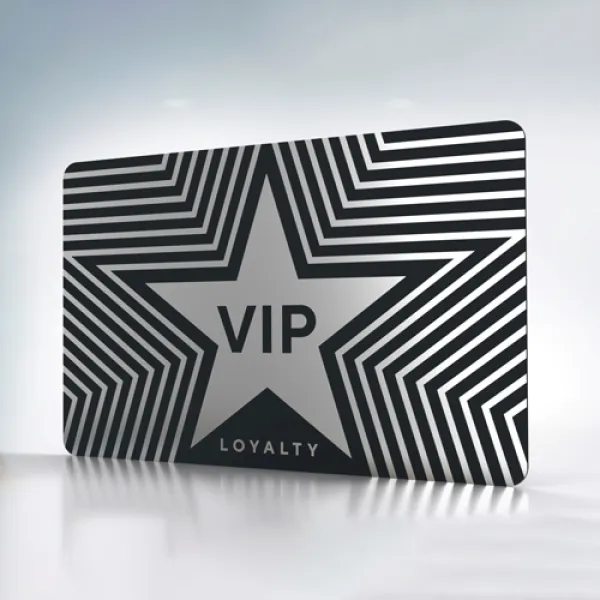The quiet revolution of the loyalty key fob
Take a glance at your bunch of keys. In amongst ‘the usuals’ like the front door, the garage, the bike lock and the car keys, there’s fair chance that at least one plastic loyalty key fob has quietly taken up residence.
This corner of the plastic card market is rarely discussed, but has nonetheless undergone a revolution in recent years. Certainly in the UK, their popularity has soared.
The idea that it is somehow more convenient to produce both your keys and your wallet at the point of sale, is odd to say the least. But for some reason it works. Perhaps it is simpler to pull a bunch of keys from your pocket than sift through the cards in your wallet to find the right one. Whatever the reason, the figures speak for themselves: Thames Card Technology has produced more than 50 million keyfobs in recent years. The majority of orders have come from major supermarket chains, but they’re by no means alone. A broad range of other loyalty and membership card issuers across the UK are also in on the act.
From a marketing perspective, the benefit is obvious. It’s a little ‘brand-wink’ each time you unlock your front door. Or start your car. Or let yourself into work. Or get on your bike. But there’s more to it than that. Some brands are using key fob cards to share ‘in case of emergency’ information, or to help with little daily tasks. I have one from my local garage which has a depth gauge printed on one corner which I can use to measure the wear on my tyres.
Are they a passing fad? Putting popularity and ubiquity aside for a moment, as mobile and contactless payments continue to gain traction, cardholders are going to have less need to produce a branded loyalty card directly at the point of sale; their points are more likely to be collected, integrated, tracked and redeemed automatically via a mobile app instead. This will reduce that one-to-one engagement between the cardholder and the brand that is offered by the traditional loyalty card. That said, the question ‘would you like a free coffee today, sir?’ (thankyou Waitrose) is enough to motivate me to reach into my pocket and grab my keys.
Most key fob cards are one component in a much wider loyalty programme which, as we know, generates valuable profiling intelligence about our shopping behavior and spending habits, upon which brands can base future marketing campaigns.
So, will they fade out? I doubt it. Will they set the world alight? No. But that’s not their point. My guess is that the humble key fob card will continue to play a modest and familiar role in our lives for years to come.




